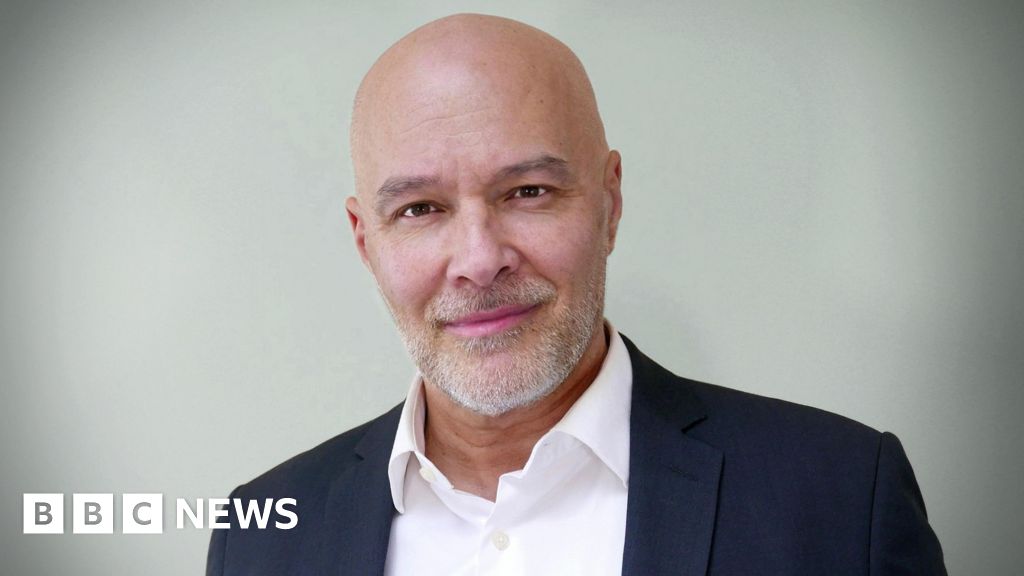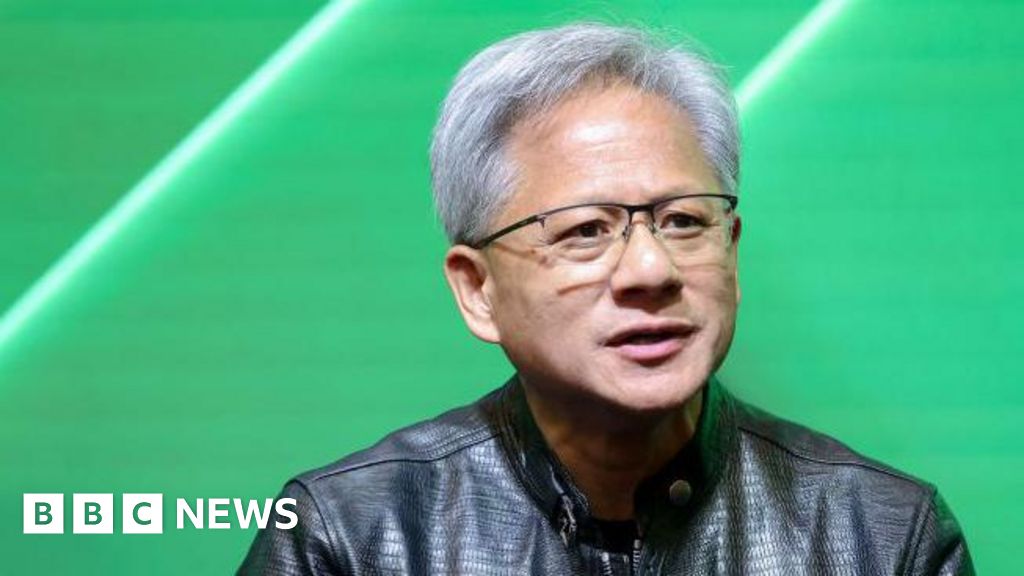7 minutes ago
Peter Hoskins,Business reporter
Another former executive of FTX has been jailed over his part in the cryptocurrency giant's implosion in late 2022.
Ryan Salame, who was the co-CEO of FTX's Bahamian subsidiary, was sentenced to 90 months in prison, US federal prosecutors said.
Salame - who was a top lieutenant to Sam Bankman-Fried, the bankrupt crypto exchange's founder - pleaded guilty in September last year to violating political campaign finance laws and operating an illegal money-transmitting business.
Earlier this year, Bankman-Fried was sentenced to 25 years in prison for stealing $8bn (£6.3bn) from FTX customers.
"Salame's involvement in two serious federal crimes undermined public trust in American elections and the integrity of the financial system," Damian Williams, US Attorney for the Southern District of New York said in a statement.
A jury found Salame guilty in November last year on seven fraud and conspiracy counts stemming from FTX's failure. Prosecutors have called one of the biggest financial frauds in US history.
Salame's sentence was longer than the five to seven years that prosecutors sought.
In addition to the prison term, was sentenced to three years of supervised release and ordered to pay more than $6m in forfeiture and more than $5m in restitution.
Salame was one of four former top executives from Bankman-Fried's companies to plead guilty to charges, after former Alameda chief executive officer Caroline Ellison, former FTX technology chief Gary Wang and former FTX engineering chief Nishad Singh.
FTX was one of the world's largest crypto exchanges before its demise, turning Bankman-Fried into a business celebrity and attracting millions of customers who used the platform to buy and trade cryptocurrency.
Rumours of financial trouble sparked a run on deposits in 2022, precipitating the firm's implosion and exposing Bankman-Fried's crimes.
He was convicted by a New York jury last year on charges including wire fraud and conspiracy to commit money laundering, after a trial that detailed how he had used customers money to buy property, make political donations and put toward other investments.

 1 month ago
10
1 month ago
10








 English (US) ·
English (US) ·